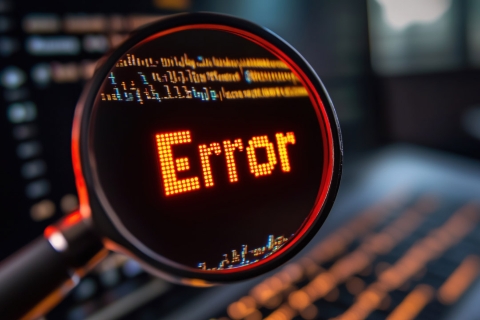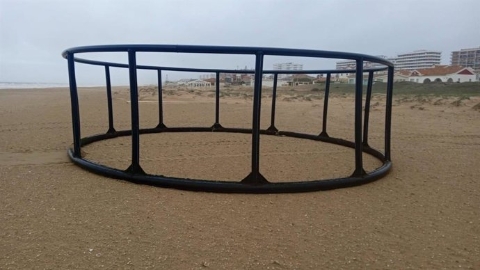
In today’s hyperconnected world, social media is a vast ocean of information and entertainment. Among viral memes, quick recipes, and animal videos that bring a smile, we also find educational campaigns, technical debates, and messages of public interest. In this sea, capturing attention to talk about aquaculture is a challenging task.
It’s not always easy to compete with the content that algorithms prioritise, which trends to favour posts with the most likes or comments-even less so when the subject involves technical concepts or complex debates. In the case of aquaculture, negative myths persist, along with confusion with fishing, doubts about sustainability or animal welfare, and a general lack of understanding of production processes.
This is why, before selling, it is often necessary to earn credibility and open spaces for dialogue.
Combating misinformation and explaining specialised topics takes time, context, and reliable sources. This is where journalists and specialist media can offer unique value: delivering well-sourced, in-depth information and reaching audiences that truly seek to understand the subject.
When a story or feature is published in an independent outlet, the public often perceives it as more impartial than a corporate message. This external legitimacy is vital in a sector where consumers, regulators, and civil society are especially sensitive to issues related to food and the environment.

Social media can play an important role when used effectively, sparking curiosity and conversation, and guiding audiences towards more comprehensive content, such as that found on LinkedIn. For complex subjects like aquaculture, short and fragmented messages need to be supported by more in-depth pieces that can be consulted over time.
As a specialist outlet, misPeces has the ability to reach genuinely interested niches: professionals, investors, academics, students, and policymakers, but also anyone curious about the origins of the food they consume. This way, we prevent information from being lost in the noise and ensure it reaches those who can spread it and amplifying its impact.
Moreover, a specialist medium does more than just inform: it builds community. We bring together producers, researchers, authorities, and interested consumers in one place, fostering constant dialogue that enriches collective knowledge and encourages collaboration. This interaction between different stakeholders is difficult to achieve in more generalist channels, where conversation trend or fragment.
While social media focuses on the immediate, specialist outlets build a living archive: reports, interviews, and analyses that remain useful months or even years after publication. This makes us a point of reference for those who wish to learn about and understand aquaculture from the ground up-with rigour, and without losing touch with the present.




